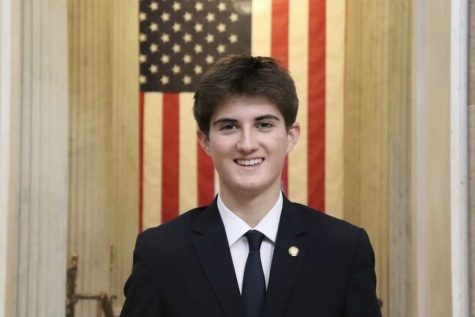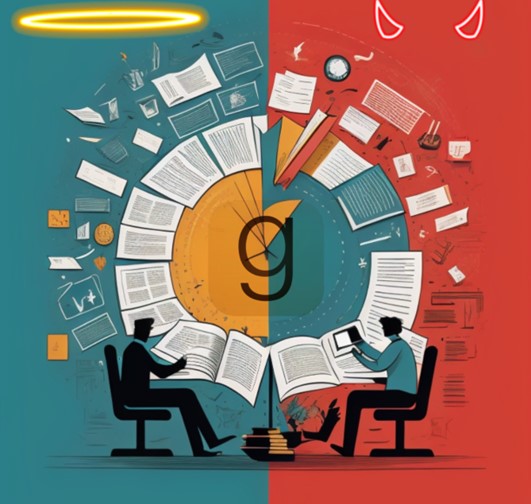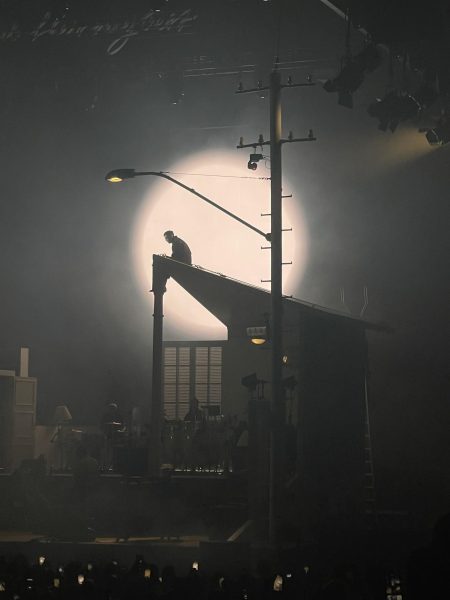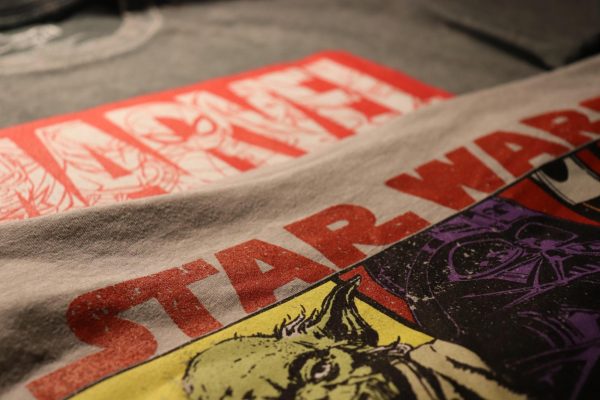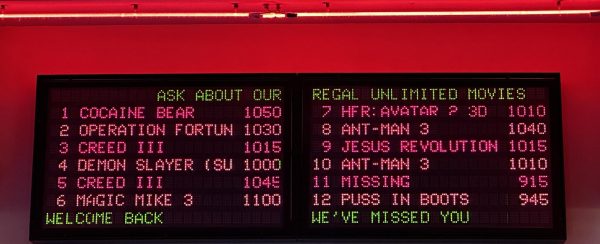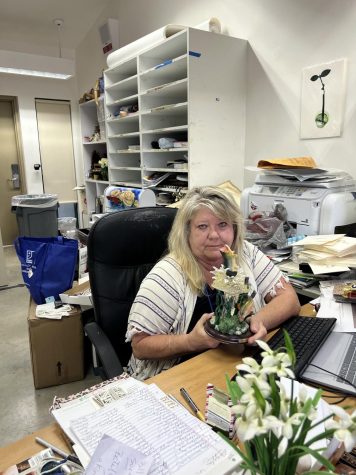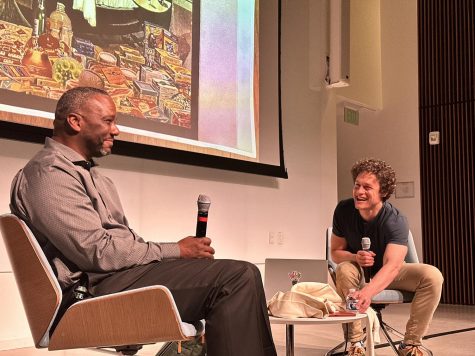Two albums you need in your life
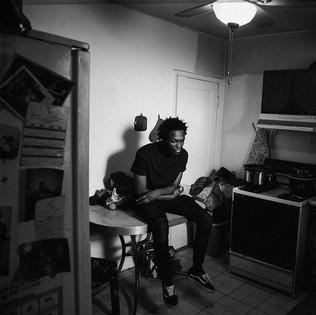
Cover art for ‘CARE FOR ME’ by Saba
Music as a medium is best when it pushes boundaries and tells us unheard stories. It’s crucial to uplift and expose artists who aren’t afraid to go against the current of mainstream label-pop. In this article, we’ll recommend two albums that do exactly that – ‘The Baby’ by Samia and ‘CARE FOR ME’ by Saba.
‘The Baby’ – Samia
Samia Finnerty’s debut album, The Baby, which was released in 2020, might be the album we talk about the most. Samia Finnerty, who goes by the stage name Samia, is a twenty-five-year-old indie singer/songwriter from New York City. ‘The Baby’ captures the fear, uncertainty, and beauty that comes with growing up.
Though her lyrics are sometimes cryptic and obscure, it is not hard to hear her poetic talents and the effort that goes into every song. At first listen, Samia is unique because of her deviation from typical tropes like romance. Instead, she tackles more gripping topics like loss and the essence of youth. Samia’s songwriting is effortless yet deliberate, enigmatic yet simple, and her ability to veer away from the popular teenage cliches sets her apart from other artists.
Samia also has a unique voice. Not only does she have a very large vocal range; she is also incredibly emotive. Her inflection changes when she is trying to sound sarcastic, rather than when she is upset or angry. And if her engulfing lyrics are not enough, she is backed by an entire rock band. Her songs feature mild synth, drums, and guitar that flow through everything, keeping the album cohesive. ‘The Baby’ is a collage of powerful emotions.
There is always more to her lyrics than meets the eye. Her first track, Pool, is a perfect example. This song itself sounds distorted and disorienting due to its intense production and lack of structure. Her lyrics whine, “How long do you think we can sit here before we have to move?” While the line sounds simplistic, it questions the permanence of the life and joy around her. The song ends with open ended questions: “Are my legs gonna last? / Is it too much to ask?” It leaves the listener pondering what she is referring to: her superficial body or her very existence on this planet. In her closing song, “Is There Something In the Movies,” Samia states that her inspiration for music comes from what scares her; she sings that now her fears are “deathless in art.” The lyric is poetic, beautiful, and perplexing.
In keeping with its title, ‘The Baby’ often finds Samia reminiscing upon her youth. She explores the theme of nostalgia expertly in track twelve, ‘Does Not Heal,’ where she recounts a childhood memory of cutting her leg while climbing over a fence. Though it may feel superficial, it betrays a longing for youth; she wants the scars to remember. Her imagery is blinding: “I was so scared I had tetanus I checked on it every night.” Her song “Big Wheel” speaks again of the remembrance of being young with relatable lyrics: “I got bug bites on my legs / I have two friends who look alike.” The lines instantly remind the listener of the uncanny familiarity of being a kid—and the discomforts that sometimes come with it.
Even with darker subject matter, her music is still poignantly cheerful. In songs like “Fit N Full,” it’s easy to forget Samia is satirically mocking diet and fitness culture because of the effervescent beat and steady drums. This is also true for her song “Limbo Bitch.” She sings about having to “limbo” or bend over backwards to be someone she isn’t. Her ability to discuss dark topics while keeping the instrumental cheery and hopeful is another aspect that makes Samia great.
Top Tracks:
- “Triptych”
- “Pool”
- “Fit N Full”
‘CARE FOR ME’ – Saba
Although he’s not the most popular nor the newest artist, Chicago rapper Saba is one of the most authentic, poetic, and unique artists in the game. His 2018 album ‘CARE FOR ME’ garnered critical acclaim as one of the best releases of that year. His signature style of fusing soft, melodic jazz melodies with hard hitting trap drums and a voice that can go back and forth helped him create a devastating masterpiece. The album follows Saba as he grapples with the murder of his cousin and mentor John Walt in 2017. The tracks focus on Saba’s survivor’s guilt and loneliness following this loss. The dark, introspective lyrics delve into the psychology of a person who has lost someone close to them, showcasing all the effort and exhaustion that coping requires.
Each song plays a specific role in conveying the central themes of the album; some tell heart-wrenching stories of Saba and Walt, while others discuss the tolls that social media and the music industry take on him. The gloomy, moody piano chords never take away from the passionate and meaningful lyrics. In fact, the two complement each other to create one of the most cohesive and impactful albums we have ever listened to.
“I’m so alone” are the first words of the album. Coming from the two-part song “Busy / Sirens,” the opening lines serve to establish Saba after Walt’s death. A few lines later, Saba says, “I don’t know how long I’ve had depression,” which shows the cycle of processing his loss. Then, comes the first mention of Walt: “Jesus got killed for our sins, Walter got killed for a coat.” Comparing Walt to a figure like Jesus not only shows the massive impact that he had on Saba’s life, but also conveys Saba’s anger that Walt died for something as pointless as a coat.
Saba’s ability to change his vocal tone to match the mood of his particular line is a skill that puts him on par with lyrical greats like Kendrick Lamar. For example, songs like “Life” have a gritty and aggressive tone to them, because in these tracks Saba is angry with the state of our country and how he is treated in it. However, this darker tone is contrasted by the more monotone and numb voice that we hear in songs like “Fighter,” since on this track Saba repeats the phrase “I’m not a fighter, I war no more” to highlight how he is fed up with his day-to-day life.
The album then builds up to a dramatic yet beautiful climax, “Prom / King,” in which we get a story where Saba was planning on being alone for prom, but Walt swoops in to save the day and find Saba a date. However, as the seven-minute narrative goes on, we find out that the whole song is just describing the events leading up to Walt’s death. We learn about the two’s intimate relationship, and how Saba and the rest of his family were affected immediately after Walt’s murder. The song and Saba’s voice speed up towards the end, until we reach the outro, which sees Walt himself singing, “I just hope I make it till tomorrow” over and over again. This creates a heartbreaking dramatic irony that wraps up the whole album’s story. The final track, “Heaven All Around Me,” serves as the metaphorical credits that conclude the narrative. Sung from Walt’s perspective, the song recounts Walt’s soul leaving his body and traveling to heaven. “No, I can’t feel your pain, but I can see the stars, No, I ain’t leave in vain, but I know we with God,” Saba repeats in the chorus. It leaves a lasting feeling of hope and perseverance through this somber and depressing album.
Top tracks:
- “Prom / King”
- “Life”
- “Busy / Sirens”
- “Heaven All Around Me”
Lila Diamond '23 is a staff writer for The Catalyst.


